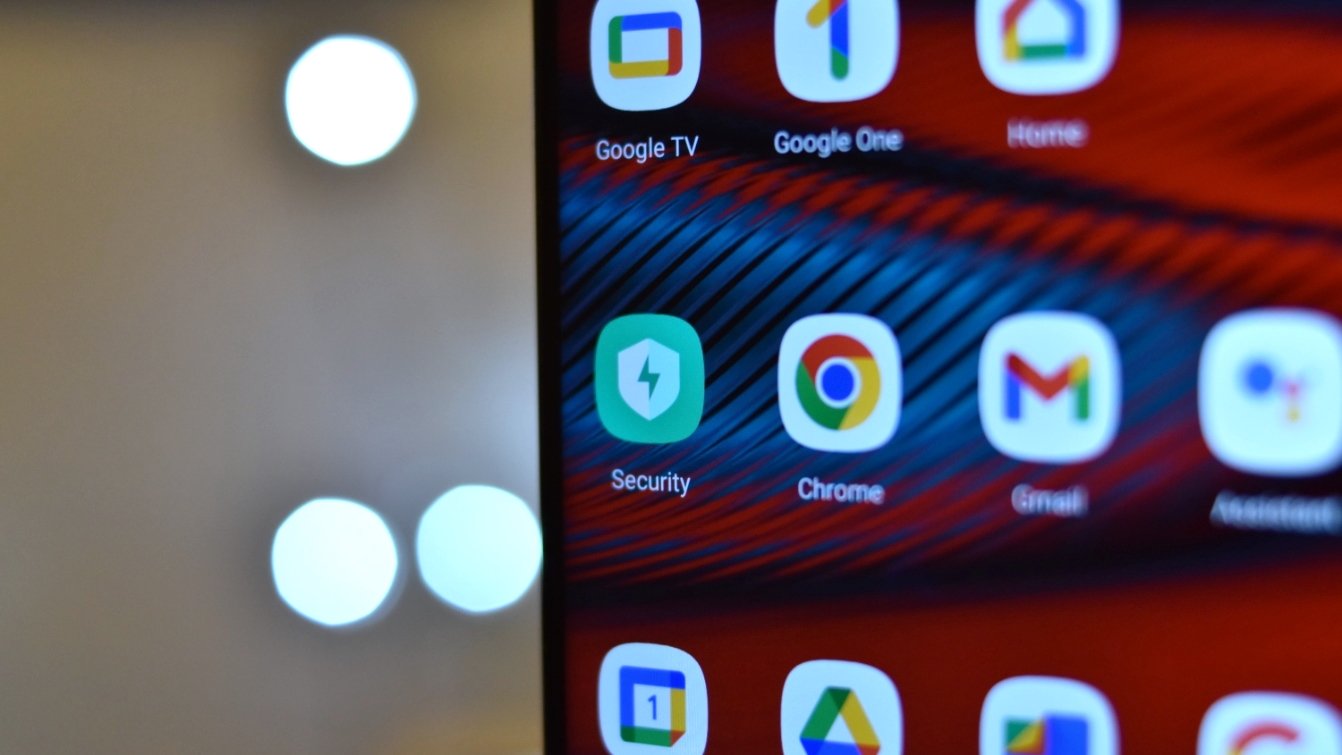Google improves Android security with DNS-over-HTTP/3 update
DNS-over-HTTP/3 looks to provide swifter query returns and better DNS security for Android.

Get the latest news from Android Central, your trusted companion in the world of Android
You are now subscribed
Your newsletter sign-up was successful
What you need to know
- Google implements a new DNS feature, DNS-over-HTTP/3.
- The new features aim to cut down issues with DNS-over-TLS has, such as longer latency and a slower reconnection when it comes to changing networks.
- The new DoH3 is Google's attempt at providing better privacy for DNS queries on Android devices.
Google has implemented a new security update for Android devices. The new update comes via the addition of DNS-over-HTTPS/3.
Google is looking to "help keeps Android users' DNS queries private" with this security addition. Its Android Team is looking at this new DNS-over-HTTP/3 as a good security step forward, seeing as it has "a number of improvements over DNS-over-TLS" already in play.
DNS is the query sent from your device to a server so you can receive what you want. Think of clicking on a link and letting it load. That's your device sending out its request and the server returning to you the content you're interested in, which is essentially connecting you to its IP address.
Seeing as DNS is what takes you across the web, there are security worries that Google is looking to solve with the inclusion of this new DNS-over-HTTP/3. "DNS lookup has traditionally not been private by default," the company explains. Google referred to its Android 9 announcement, where it implemented a new private DNS measure. This new DNS feature, which it says has been "rapidly gaining traction," is being used by the likes of Cloudflare.
The team notes that DNS-over-HTTP/3 support was included in a Google Play Store update back in June. The new encrypted DNS protocols should already be in place, which, according to them, avoids some of the issues DNS-over-TLS suffers, such as "head-of-line." Google's Android Team explains that this is caused by DoT running every request to a server on one line, which essentially creates a traffic jam. If one query is held up for some reason, all other queries will have to wait.
Meanwhile, DoH3 runs each "request" on its own line. This should remove the chance of people pinging a server to meet long-winded delays.
DoH3 is also supposed to solve an issue with devices on the move. While we're out, the connection on our Android phones is constantly moving and switching from tower to tower. Google explains that while DoT requires your connection to be "renegotiated" to establish itself, DoH3 can resume a session much quicker. Google also touts that DoH3 can "outperform" in terms of latency - the time it takes for information to be returned to you.
Get the latest news from Android Central, your trusted companion in the world of Android
The Android Team finally touched on some safety measures from the inclusion of Rust in 2021. Google's Rust support was brought in some help protect users from malicious attackers while using the internet on an Android device. It was also brought in to cut down on some of the memory safety issues, which Google said represented "~70% of Android's high severity security vulnerabilities." The company has done work with DNS before regarding Google Wi-Fi and swapping DNS settings for faster query returns.

Nickolas is always excited about tech and getting his hands on it. Writing for him can vary from delivering the latest tech story to scribbling in his journal. When Nickolas isn't hitting a story, he's often grinding away at a game or chilling with a book in his hand.
